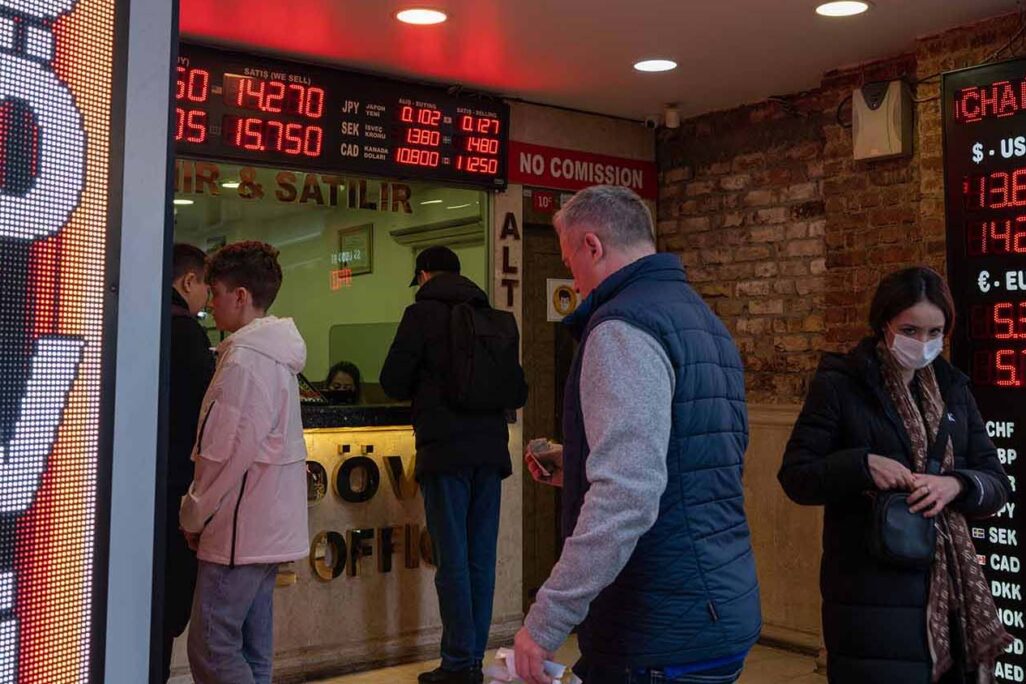
The parable of the German philosopher Martin Heidegger tells of a door handle that a person turns out of his leg when he enters a room. He did not “see” the handle nor did he “choose” to rotate it. Its existence, and also the action of rotation, do not enter his consciousness. The handle basically becomes transparent.
Only when a problem is discovered, and the door handle does not open, does it stop being transparent: the person stops and thinks about the structure of the handle, about the mechanism that activates it, and they become aware of it. In a deeper sense, a man only wakes up from a coma if he is immersed in his world. He is more aware of the existence of the handle, and thus also more aware of his separate existence.
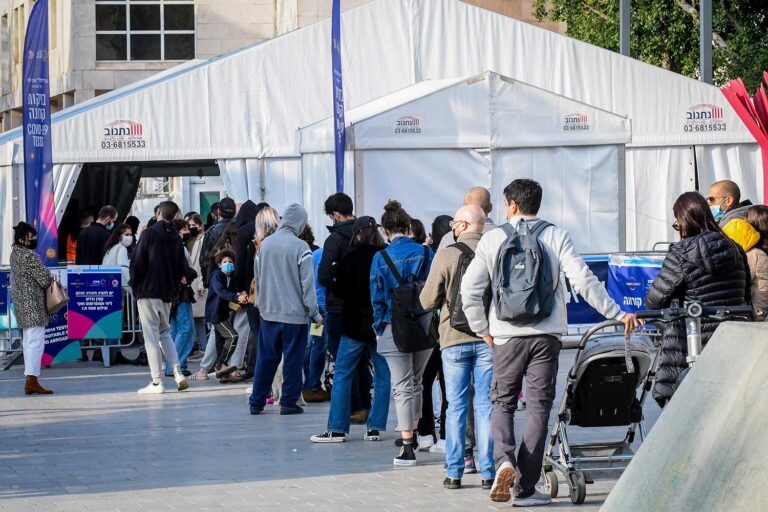
A person who goes to a supermarket to buy bread does not ask themselves where the wheat is grown, how it is transported hundreds of miles, how it is processed and baked, and who puts it on the specific shelf in front of them. This is the average person's experience if the supply chain works smoothly.
After two years of disruptions in the global economic, political and social order, which began with the coronavirus and now continues with the war in Ukraine, these questions take on a different meaning. Bread is still reaching the shelves, but the mechanisms that operate the world are breaking down. It requires more people to examine these systems – and themselves within them.
The transparent mechanisms take on color
It started with the coronavirus. The virus halted Western world movement and trade for weeks. But It turns out that society can continue to exist even when a significant proportion of people stop working. Cashiers in supermarkets and teachers are more essential to the functioning of a company than a lawyer or a real estate agent, the people who do not have to come to the office every day to work.
It has also been discovered that governments can fund social, economic and health assistance on a huge scale without collapsing, and even without real harm. Getting back to routine was quick, but the change in the way we approach money, debt, leisure and work will only become clear later.
With the end of the lockdowns, it became clear that it was not so easy to reactivate and re-open the world. Problems in the global supply chain, energy shortages and price increases have become the new normal. In the United States, prices rose by 8.5% within a year, in the United Kingdom by 7%, and in the EU by 7.5%. These mark record inflation within the past 40 years.
Russia’s invasion of Ukraine did to the world order what the COVID-19 pandemic did to the social order. Questions such as where NATO missile batteries are located, the route of the gas pipeline between Russia and Germany, how much gold Russia holds, who makes weapons and who buys them – have become theoretical questions for geopolitics enthusiasts, questions that determine the fate of millions of people.
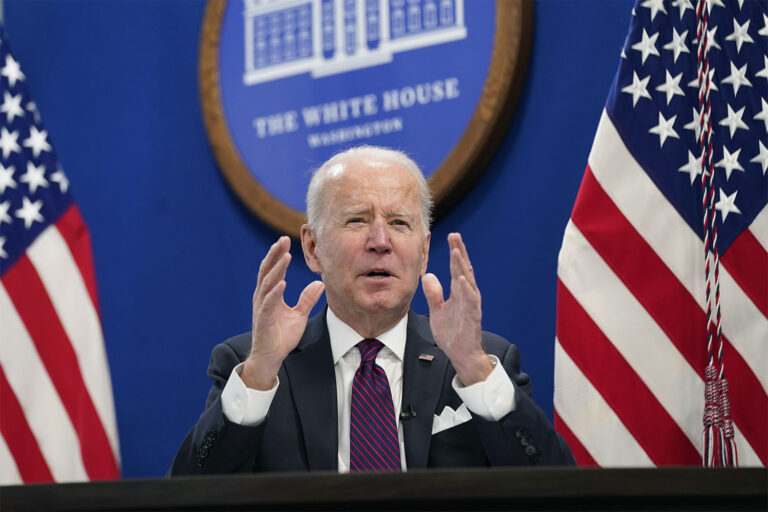
Basic conditions in the global system are gaining importance. The absolute dominance of the dollar in world trade was not felt until the United States decided to use it against Russia. The fact that Russia and Ukraine produce a quarter of the wheat for world export will soon be felt.
Dependence on Russian gas, which accounts for 40% of Europe’s total consumption, is forcing the EU to choose between supporting Ukraine and heating its homes. The “pipeline” through which money passes in the world becomes a political tool. Russia’s 5,977 nuclear warheads determine its area of operation. The transparent mechanisms of power are revealed.
History repeats itself
Using the example of a pencil, economist Milton Friedman, a thinker of neoliberalism, describes how the economic incentive causes people from different countries to cooperate to produce a single product.
“Thousands of people collaborated in making this pencil,” Friedman wrote. In Ukraine, it turned out that working together on the pencil did not necessarily bring the nations of the world closer. The idea that economic globalization will bring peace and harmony has taken a heavy hit.
This is not the first blow to this idea. The collapse of the Soviet Union in the early 1990s led to the famous declaration by economist Francis Fukuyama that it is the “end of history,” and the beginning of an era in which liberal democracy would steadily spread throughout the world. The free market was at the forefront of this idea, and human rights, choice and freedom of expression were to follow in its wake to every corner of the world, for the benefit of all.
But since the attack on the Twin Towers, China has emerged as a capitalist and undemocratic power, Britain has decided to leave the EU, and in the United States, Donald Trump has been elected on an anti-liberal platform. Only a billion people in the world live in a regime that can be defined as a liberal democracy.
Putin’s Russia is perhaps the biggest challenge of all. In the early 1990s, with the disintegration of the Soviet Union, Russia opened up to the world. The result was not a thriving liberal democracy, but a liquidation sale that culminated in the ruble crisis in the late 1990s. This is the point where Putin came to power, and began building another Russia.
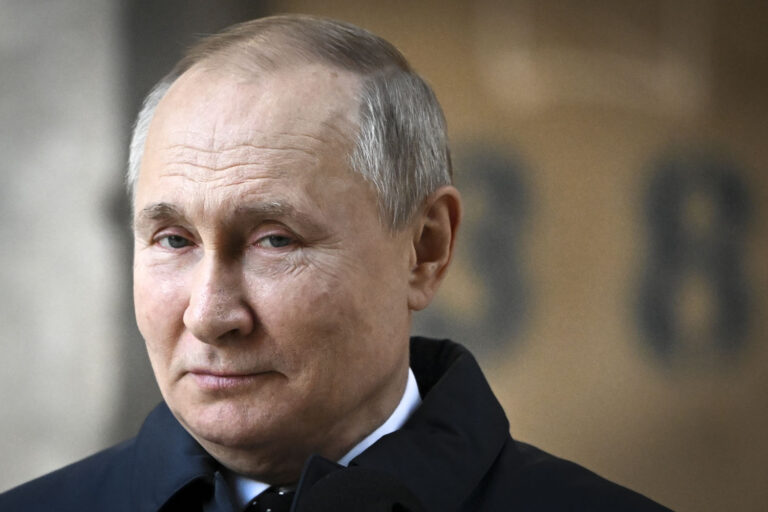
Some have called Putin’s Russia the “shadow side of globalization.” He used the mechanisms of world trade as a means of fortifying the country, and increasing its strategic power far beyond its actual power. Russia’s per capita GDP ranks 44th in the world, while its military is one of the four largest in the world. Within this process, Russia did not become more democratic or liberal, but the opposite.
And yet, despite repeated warnings from the United States, European countries, led by Germany, have deepened their cooperation with the country, especially in the field of energy. Nord Stream 2, a gas pipeline connecting Russia and Germany and costing $11 billion, will meanwhile remain deserted on the shores of the Baltic Sea.
With the invasion of Ukraine one can see the death blow to the equation according to which globalization guarantees peace and democracy. The widespread use of sanctions against one of the world's largest economies, is a severe blow to the equation according to which world trade is neutral, and goods will continue to move always without political considerations. Without these two equations, the world would look different.
Where will the world go next
The previous generation became accustomed to living in a world with one world power with infinite strength, and therefore found it difficult to imagine a world governed by a different logic than American capitalism. But the generation living today has seen the world come to a halt because of the coronavirus and tank convoys crossing Europe. Therefore, the new generation may live with a different sense of what the world can be. The experience of change is perhaps the deepest and most significant. Beyond that, it is very difficult to know what the post-coronavirus and post-Ukraine world will look like, and how big or rapid the change will be.
Some are talking about returning to a bipolar, or multipolar, world, while others are sure that the dominance of the United States will not be harmed. Political considerations will probably shape trade policy more markedly. Countries have already announced an increase in their defense budget, in what could launch a new arms race.
Some point to rising prices as a cause of social unrest, and an engine for widening economic disparities. The fragility of the global supply chain alongside technological developments such as 3D printing can drive an attempt to shorten the production chain.
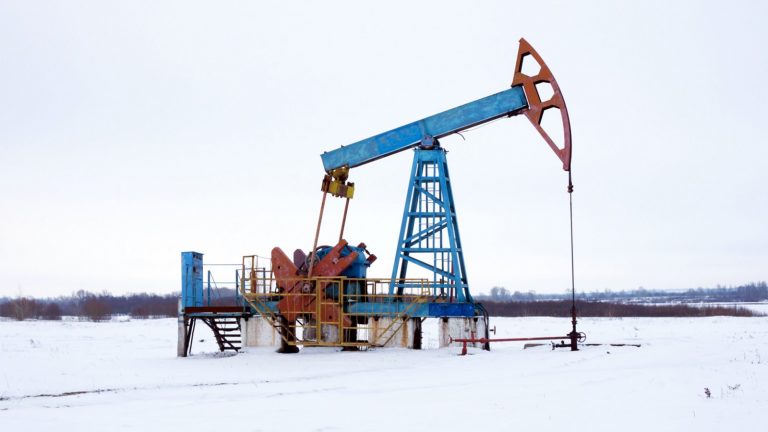
The importance of commodities is rising, they are becoming a major factor in the global recovery process, and their price will rise. The energy crisis will extend beyond green energy, but some argue that a return to atomic energy and the search for more sources of fossil fuels are also expected.
Our countries, whose role in neoliberalism has been limited to securing the activity of the markets, are expected to take on additional roles. The consensus on small debt and deficit as the main economic policy objectives has cracked.
But the biggest question is whether this new world will be good or bad. To that, there is no answer yet.
This article was translated from Hebrew by Matt Levy.






